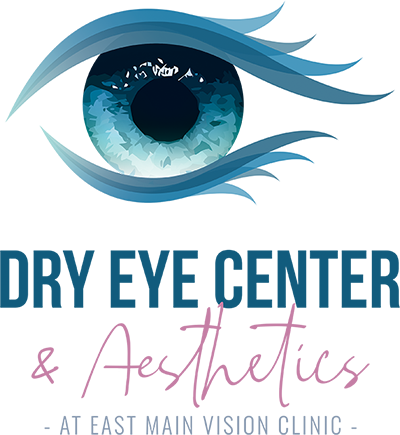March 7, 2024

The role of vision in the learning journey of children cannot be underestimated. Learning is primarily a visual process. 80% of what children learn in school is presented visually. Vision problems can also affect a child's motor skills, leading to difficulties with hand-eye coordination, balance, and physical activities. This could potentially impact their participation in sports and other physical activities, which are crucial for their overall development and well-being.
Common Eye Conditions in Children
Several common eye conditions in children can potentially impact their learning. Myopia, or nearsightedness, is one of the most prevalent. This condition makes it hard for children to see distant objects. Hyperopia, or farsightedness, on the other hand, makes it difficult to see up close.
Astigmatism, a condition that causes blurred vision, is also common in children. This is caused by an irregularly shaped cornea, which can affect focus. There's also amblyopia, often referred to as lazy eye, where the vision in one eye is reduced because the eye and brain are not working together properly.
Another common condition is strabismus, or crossed eyes, which can affect depth perception, making it difficult for children to accurately judge the distance of objects. Each of these conditions can severely impact a child's ability to learn effectively if left untreated.
How Poor Eyesight Can Impact Learning
Poor eyesight can impact a child's learning in several ways. For instance, a child with uncorrected myopia may struggle to see the board in a classroom, missing out on vital information. A child with uncorrected hyperopia, on the other hand, may have difficulty reading books or using a computer, which can hinder their academic progress.
Blurred or double vision can make it hard for children to concentrate and stay focused, leading to fatigue and headaches. This can make studying a strenuous and frustrating experience. Children with strabismus or amblyopia may struggle with depth perception, which can affect their coordination and physical abilities. This can lead to difficulties in activities like sports, crafts, and even writing.
Children with untreated vision problems may struggle to keep up with their peers, leading to poor academic performance, frustration, and low self-esteem. These children may be misdiagnosed with learning or behavioral disorders when, in fact, they have a treatable vision problem.
The Importance of Regular Pediatric Eye Exams
Given the significant impact that vision can have on a child's learning and development, regular pediatric eye exams are crucial. These exams are much more comprehensive than the vision screenings provided at schools, and they can detect vision problems that may not be evident in a standard screening.
Regular eye exams can detect and correct refractive errors like myopia, hyperopia, and astigmatism. They can also identify conditions like amblyopia or strabismus, which can be treated more effectively when caught early.
Additionally, regular eye exams can help ensure that children's eyes are developing normally and that they are not experiencing any vision problems that could potentially affect their academic performance or quality of life. They are an essential part of preventive healthcare for children.
Ensuring Clear Vision for a Bright Future
Vision plays a pivotal role in a child's learning journey. From reading to writing, to understanding complex diagrams, good eyesight is fundamental to their academic success. Ensuring that our children have good vision is not only an investment in their education but also in their overall well-being and future success.
If your child is showing signs or symptoms of vision problems, schedule their eye exam today. Contact East Main Vision Clinic at our office in Puyallup, Washington. Please call (253) 780-0700 or text (253) 770-2732 to book an appointment.



